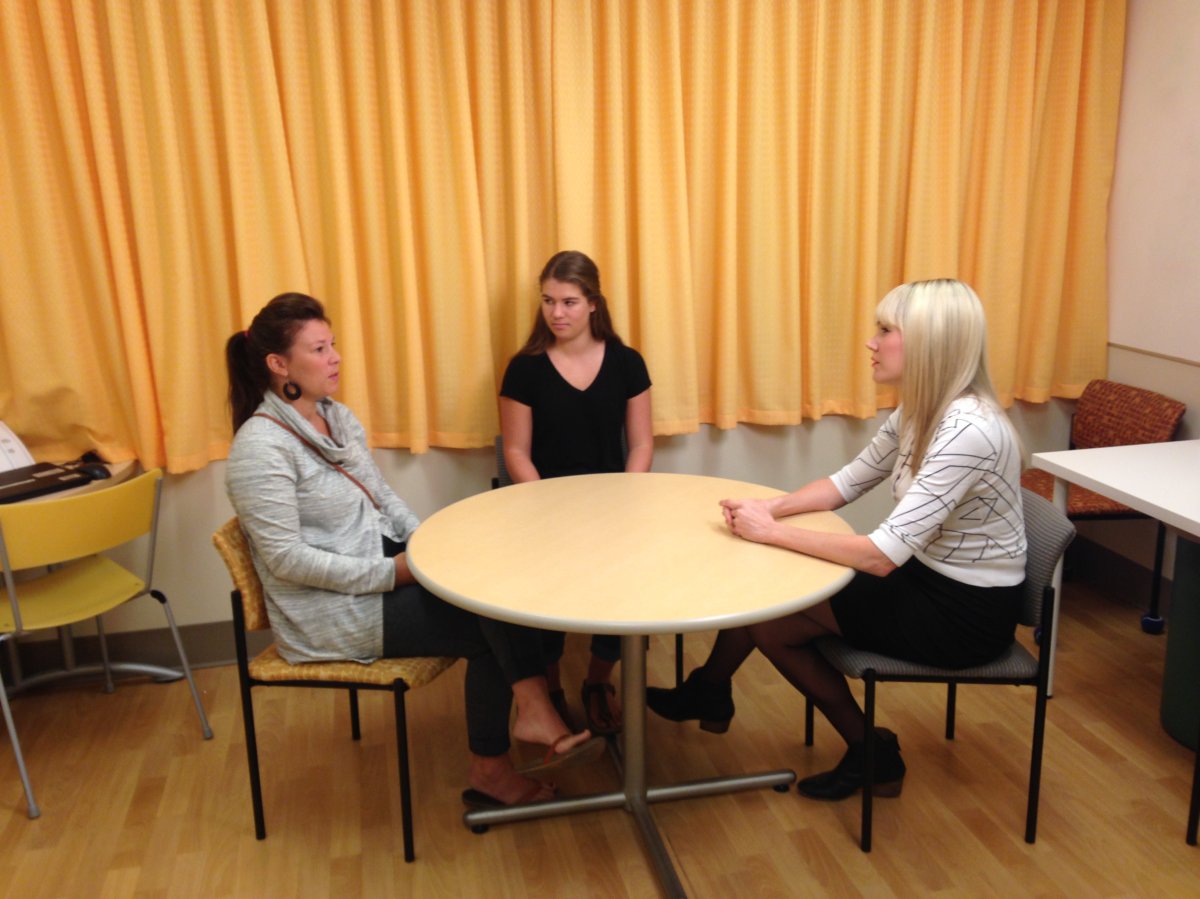New research has found how children remember painful experiences like surgery, can influence their recovery and may lead to the development of chronic pain.

A University of Calgary study followed 66 children and their parents from two pediatric hospitals in Seattle. The researchers found that the children’s memories of the pain they experienced strongly predicted the pain they experienced beyond the expected time of healing.
“Over time, children might remember it as being more scary and more painful,” said Melanie Noel, a psychology professor at the University of Calgary and a member of the Alberta Children’s Hospital Research Institute. “We found that children – following surgery – who developed those negatively distressing memories, were at risk for developing pain problems.”
READ MORE: Chronic back pain? New guidelines call for exercise, heating pads with painkillers as last resort
Noel says that by reframing these negative memories, parents can help their children avoid suffering in the future.
“Memory is so fragile, so just talking to children differently about past painful experiences can alter their memories,” she said.
“In the case of surgery, that could be emphasizing people who were nice, who came to visit, or how helpful the nurses were.”
Sixteen-year-old Hannah Cripps has suffered from chronic pain since undergoing emergency surgery at age 11. She did not participate in the study, but her mother says changing the way their family talks about Hannah’s pain has helped her cope.
“We learned that by talking about her pain,” Leanne Cripps said. “We were bringing it to the forefront of her mind every day and we were helping to make it a bigger deal.
“So now, in order to not make it the focus of her life, we try to steer her towards more positive things.”
READ MORE: Surgery won’t help degenerative knee problems, experts say
According to the University of Calgary, 15 to 40 per cent of Canadian youth experience chronic pain. The U of C study was published in the journal Health Psychology.


Comments